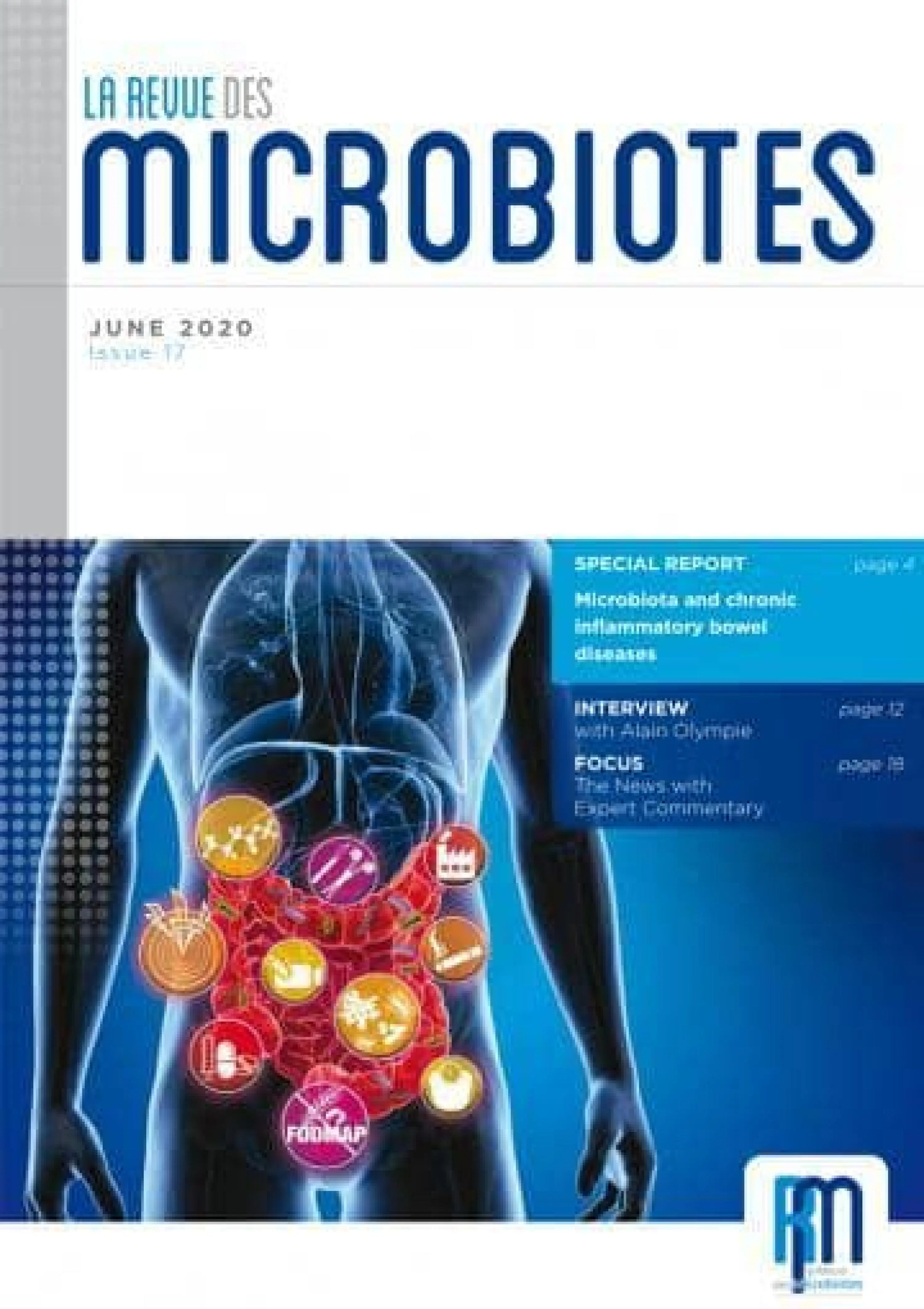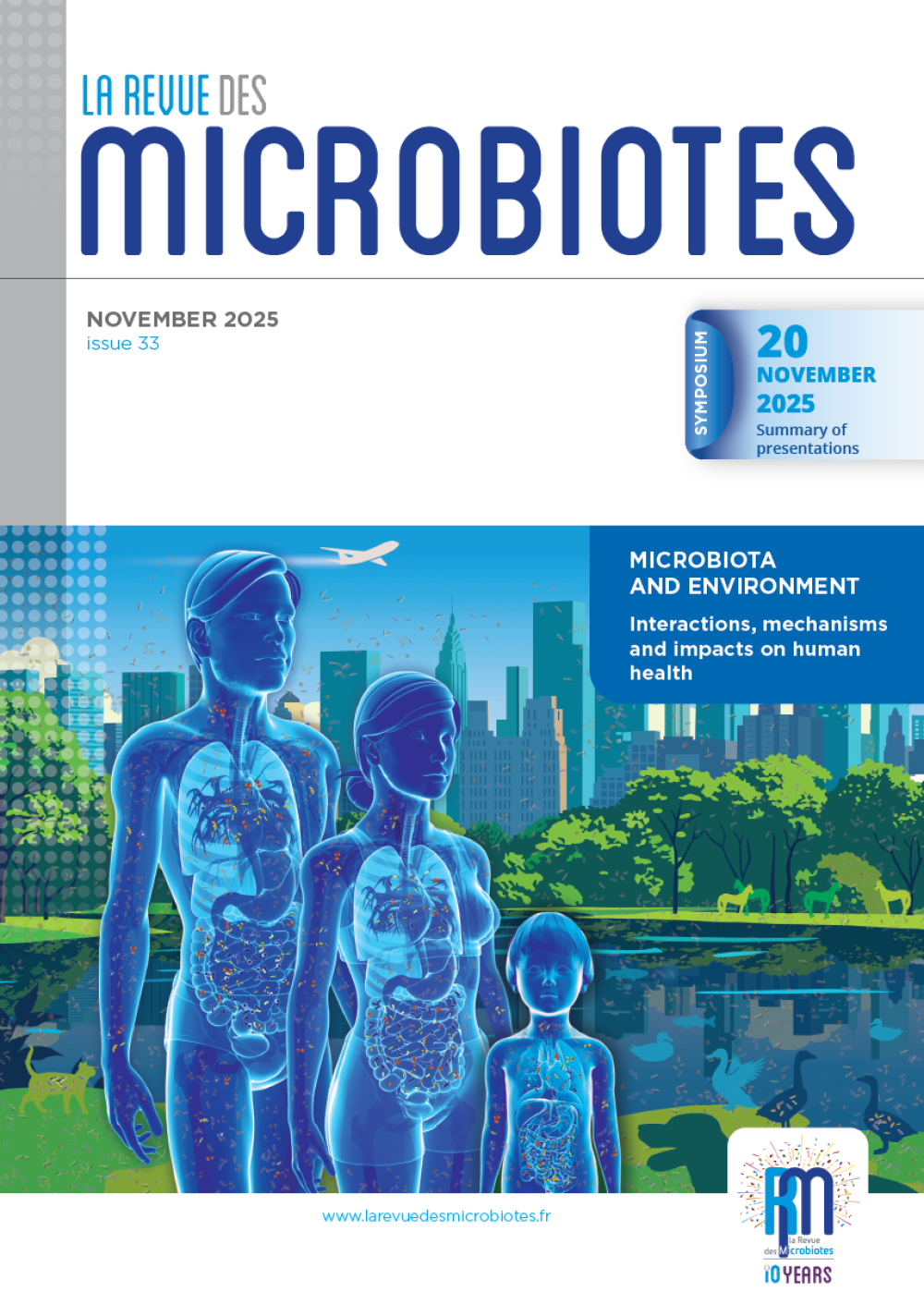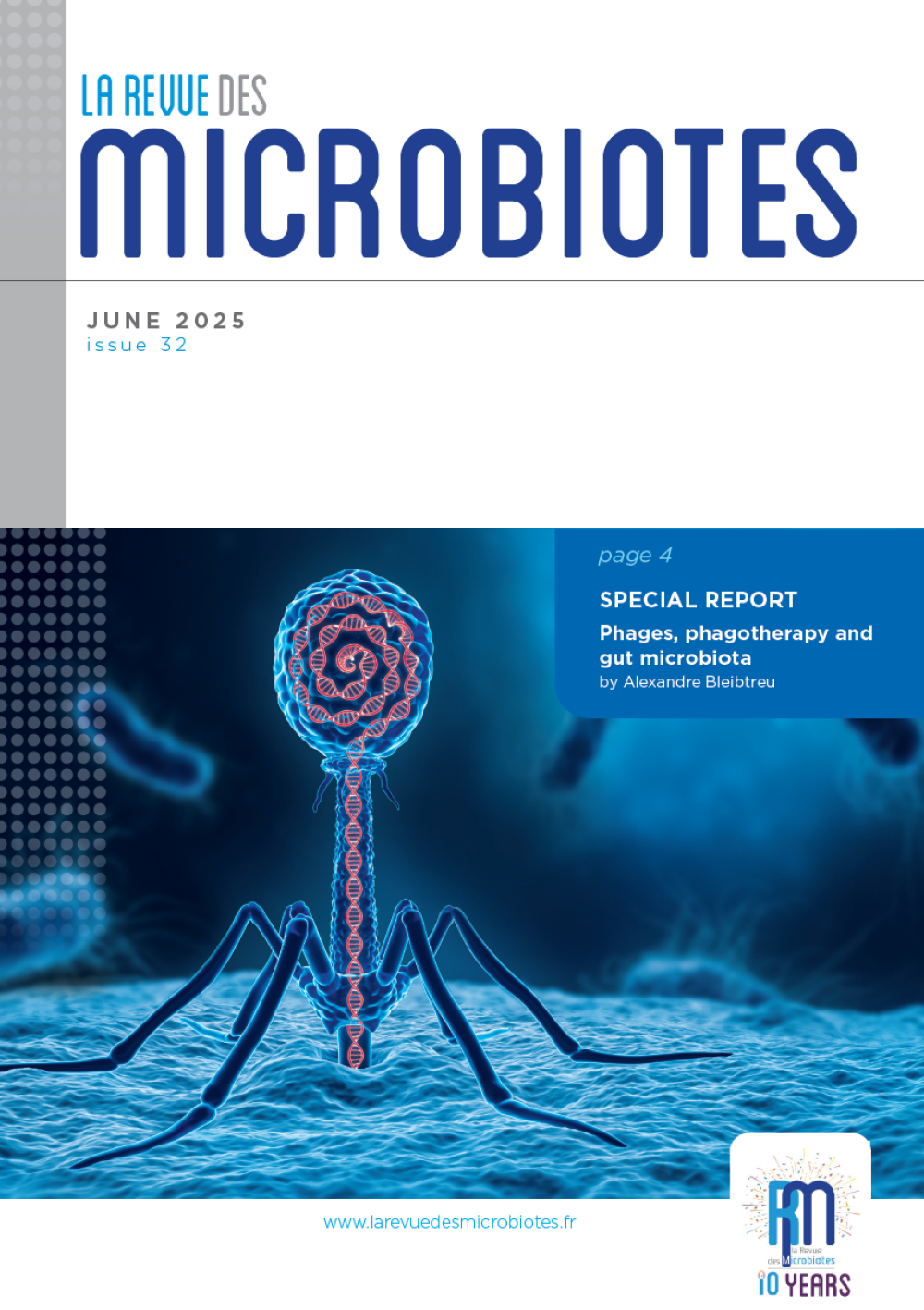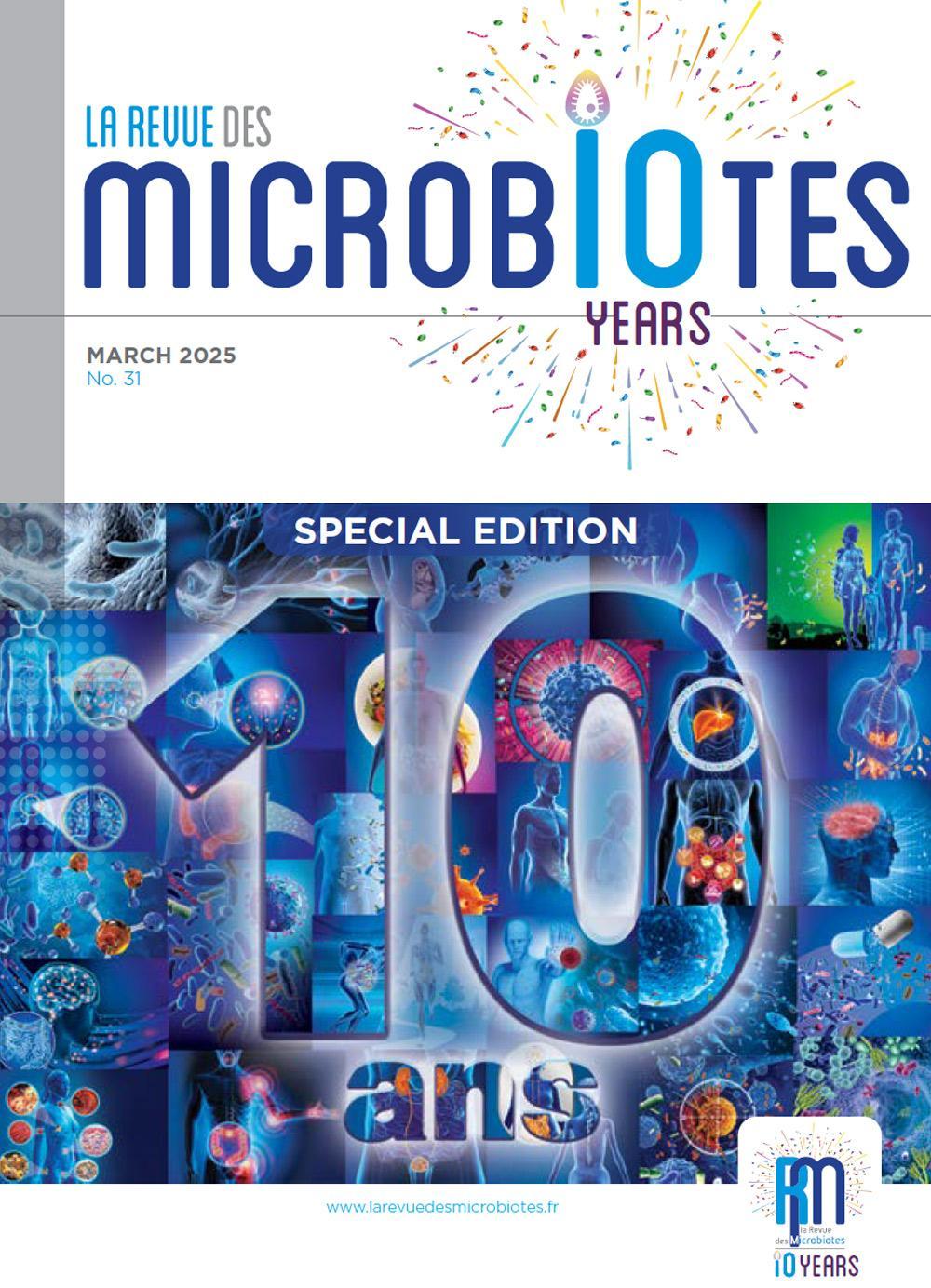Like many chronic conditions, chronic inflammatory bowel diseases (CIBDs), also known as cryptogenic inflammatory bowel diseases, have predominantly emerged since the Second World War in an environment that has become increasingly industrialised. Among the many aetiopathogenic hypotheses, changes to the microbiota concomitant with industrialisation appear to be playing a significant role.
This issue’s special report assesses the wealth of data already available on the microbiota of CIBDs. Essentially, this summary coordinated by Professor Philippe Marteau describes the plethora of mechanistic links potentially involving elements of the microbiota.While elements of knowledge abound, this knowledge is often liable to change as techniques are refined. At present, therefore, it is difficult and considered too soon to synthetically incorporate this data into simple physiopathological models. While there is still a long way to go, there is no doubt that a major part of the solutions will involve the gut microbiota.
In this issue, the interview with Alain Olympie, Director of the Association François Aupetit (AFA) highlights the importance of patients’ associations such as this, both for the various forms of patient support it provides, but also for its contribution to the advancement of knowledge. Looking beyond the still inadequate levels of evidence, this interview provides an opportunity to stress the need to accept pragmatic treatment approaches given probiotics’ wide appeal among patients with a CIBD.
I hope you enjoy reading this issue.













